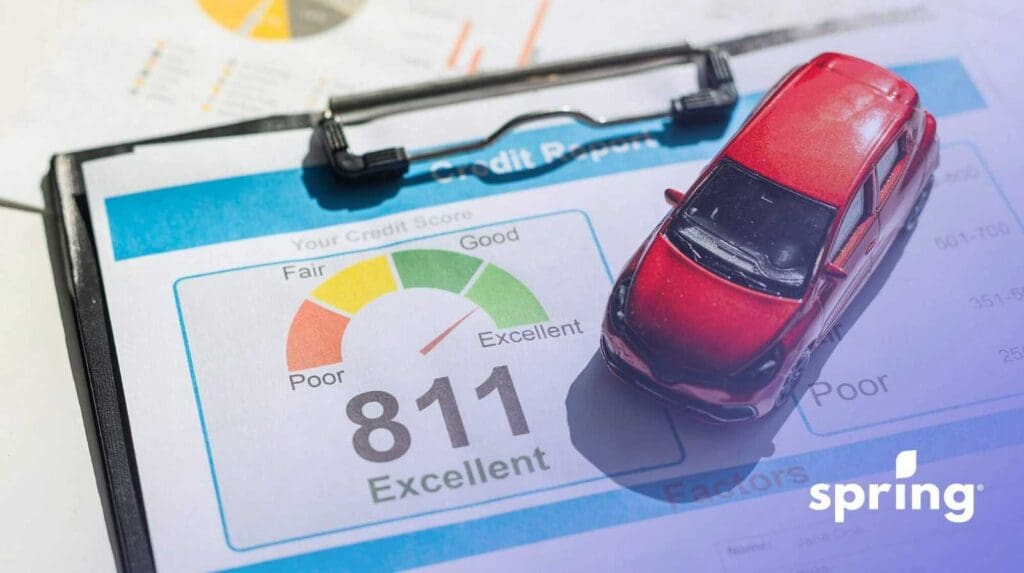What is a Construction loan?
A construction loan or mortgage is a specific type of financing that can be used for a few different reasons such as:
building a home on land you already own
a purchase of a home where the builder gets paid in installments
building on newly purchased land
home renovations
home renovations needed for a home you are purchasing
Typically construction loans are short term loans that have a higher interest rate than traditional loans or mortgages. Typically, with most construction loans and mortgages, there are interest only payments required in the construction phase. Once it is complete, the loan or mortgage is then refinanced into a traditional loan or mortgage.
While most builds are usually covered by a construction loan, there may be some lenders that don’t finance things like apartments or condos. They also usually only cover the basics on the build and not things like appliances and home furnishing. A different kind of loan is often needed for those things.
Construction loans are designed to keep the payments low while in the construction phase. This allows the owner to put more money into the build and worry about the larger payments later, once the loan is refinanced.
How Construction Financing Works
Getting a construction mortgage, also known as a builder’s mortgage, can be a lot more difficult than just getting a mortgage. When it comes to getting financed, the lender doesn’t give you the money up front to fund the build. When a lender agrees to give you the money to fund, the money is given to you on a schedule in 4 to 5 different amounts. These amounts are decided on by the lender when the paperwork is being drawn up and are not determined by how much money is spent on the build during each stage.
Because of this influx in payments, you as the owner need to ensure that you have a good schedule and a way to pay the construction costs or some kind of arrangement in place to pay later on. This ensures that the build is not brought to a halt at any point by a lack of funds.
The set times of receiving money from a construction mortgage lender aren’t based on time periods but on different completion stages of the build. These milestones are set by the lender and they usually send someone out to verify that that the milestone is met before the next portion of the funds is received. Once all of the milestones have been met and the home has passed its final inspection, the construction mortgage can either be paid off in full or refinanced into a permanent mortgage.
Down Payment required for Construction Financing
How much of a down payment that is required for construction mortgage eligibility really depends on the land. If you are purchasing the land at the same time as starting the build then usually a down payment of around 25%-35% is required. If you own the land outright then the circumstances are a little bit different.
Owning the property outright before starting a build allows you to access the equity in the land or use the land itself as collateral. This can save a lot of money on your construction mortgage and, in some cases, you may not even need to get a construction mortgage depending on the amount of equity that you have. This is also the case if you have owned the land for a while and have a good portion of it paid already.

Where to Get a Construction Loan
Getting a construction loan, just like any other type of financing, can be done through a mortgage loan officer at a traditional lender or through some private lenders. That being said, construction loans are a bit trickier to get because they pose more risks to lenders. With a traditional mortgage loan, lenders have an asset to use as collateral if the owner defaults on the financing. With a construction mortgage, there is more for the bank to lose. This is why construction mortgages give the payments in portions, also known as a draw schedule.
Being that it is a bit more difficult to get a construction mortgage, a good option may be to go through a mortgage broker. They can help you find the right lender to finance your new build, seeing which private vs traditional lender is better for your situation.
Best Banks for Construction Financing
Whether you are looking for a construction mortgage or a construction loan ultimately depends on how much money you are looking for and what you need the money for. Renovating an existing home may only require a loan while purchasing land that requires new home construction would require a construction mortgage. Where you get your financing for these types of loans can make a big difference in your budget.
Construction Loan
When it comes to getting a construction loan, there are a few things that you need to keep in mind. How much money do you need? Who is doing the work? Are they minor or extensive renovations? This all makes a difference in where you go to get your loan. You can go get a loan with a traditional or a private lender. Traditional lenders are likely to have lower interest rates especially when it comes to making your construction loan a permanent loan. That being said, if you aren’t in the market for a larger loan, you may want to consider an unsecured personal loan. There are many more lenders that offer this type of financing and they tend to be more flexible with credit scores if that is something inhibiting your ability to get a loan.
Construction Mortgage
With a construction mortgage, private lenders are both going to be a bit pickier when it comes to lending money. That being said, traditional lenders will likely have lower interest rates than that of a private lender. You may need to apply at multiple different lenders or get a professional to help you find the right lender for you.
When it comes to getting a construction mortgage, a good place to start is at the financial institution where you do all of your day to day transactions. Not only will they have all of the same information that you provide other lenders, they also have a relationship with you. Especially if you have a good lending relationship with them, they may be more likely to prove you with a mortgage over other lenders.
Applying for Construction Financing
Now that you are ready to start the construction mortgage process, it’s time to get your documents together. You will need to show that you have a down payment or some kind of collateral, proof of income/employment, any current assets you already own as well as any current debts that you have. They may request other information or documents depending on your situation.
Once you have provided that information, then you need to start providing information regarding the build.
Information regarding the builder. They usually like references and a list of previous construction projects. They want to make sure that the build is licensed and reputable. This puts less overall risk to the lender.
A detailed plan. This includes the floor plan, projected budget, estimated timeline and a list of all supplies, contractors and subcontractors involved in the project.
An appraisal. Lenders like to have an appraisal done. This means that not only will they appraise the land the home is to be built on, they will also appraise the projected value of the home.
Down payment. Down payments tend to be a bit high with construction financing. They usually require 20-25% down just to help eliminate some of their risk in the project.
Financing for Builders
Builders often have to go through similar channels to get their projects funded. The first few are the hardest but once they are able to show some history it becomes easier to get more loans. Most builders often have relationships with different lenders as well as investors. Building and land development can get very expensive so often more than one lender or investor is needed.
Credit Scores and Construction Financing
Getting construction financing often requires a higher credit score than that required for mortgages. In Canada, the CMHC requires a credit score of at least 600 for an insured mortgage. For uninsured mortgages, lenders like to have at least a 620. With construction loans and mortgages however, most lenders prefer a credit score of at least 700.
Like we mentioned above, construction mortgages are much riskier to lenders than a traditional mortgage so, not only is your credit score important, but also the current amount of debt that you hold as well as your credit history. For this reason, the higher your credit score the better. This provides the lenders more security when giving you a loan, which often results in a lower interest rate as well as an approval.

Construction Loans and Where you Live
In Canada, while a lot of the regulations are the same across Canada, there are certain factors that can affect construction mortgages and loans based on where you live.
Ontario
Since Ontario is the most populated province in the country, housing prices tend to be quite high. That being said, buying land and building a home is still a good idea if you can afford it. While it is still expensive it is cheaper than purchasing an already built home, based on where you are purchasing the land and what you decide to build.
If you own the land before building it is going to be a lot easier to get a construction mortgage and instead of requiring 33%-50% down, it is likely to just be around 20%. Either way, before you purchase any type of land, check the zoning as well as any restrictions on the property itself to verify that you are able to build on it.
BC
Just like in Ontario, housing prices in BC are higher than ever. This is why many buyers are turning to buildings instead. However, with housing prices high, so is the cost of land. So, before you decide to purchase any land, verify that you can also afford to build on top of the price for the land.
For this reason a lot of buyers choose to pay off the land before they build, but either way, you want to verify that the land is a good investment first. Before making any purchases verify that there are lenders that are able to help you with the purchase as well as the build.
Alberta
In Alberta, not only do buyers purchase land to build a home but also for farming purposes. Because of that, some of the renovations on the farm land may be done under an agricultural loan while others can be done with a construction loan. Ultimately, it depends on what needs to be done.
At Spring Financial We Can Help
Whether you are looking to get a traditional mortgage or even a personal loan, then we can help. We help those in all credit situations and all of our credit products report to the credit bureaus helping to maintain and/or increase credit scores.
For our mortgages, not only do we offer traditional mortgages but we can also help you access the equity in your home. You can apply online and one of our licensed agents will help out. You can also give us a call at 1-888-781-8439 or speak with an agent using our live chat.
If you are in the market for a personal loan, then we can help you get anywhere from $500 to $35,000. You can apply online in just 3 minutes and we can get you the money the same day as approval. No matter what you are looking for, we can help.








